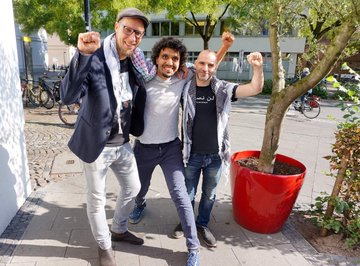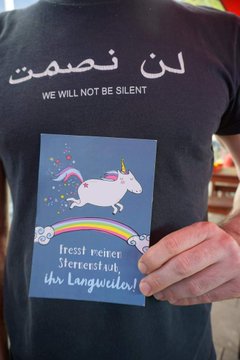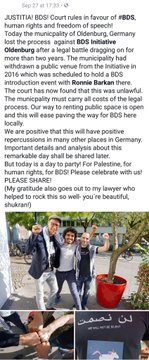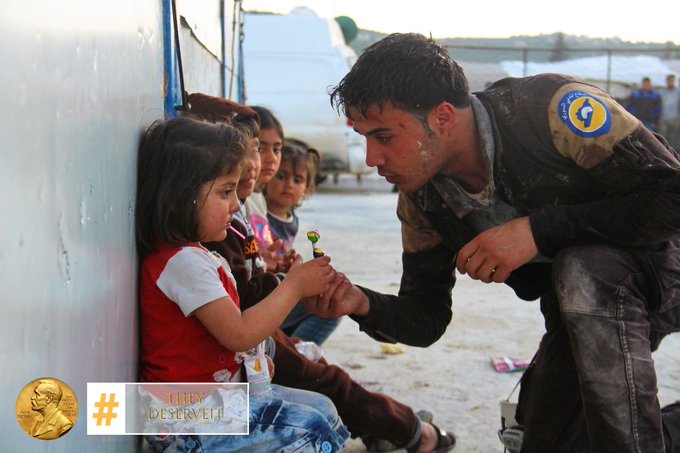Don’t Let Russia Get Its Way in Macedonia
Moscow wants this weekend’s referendum to fail, but Macedonians should vote to change their country’s name and join Europe once and for all.

\A woman holds a “Yes” poster during a rally in Tetovo, Macedonia, on Sept. 27, before this weekend’s referendum on changing Macedonia’s name. (Chris McGrath/Getty Images)
On Sunday, Macedonians will vote in a historic referendum. The choice before them is clear: to modify the name of their country, as set out in an agreement struck with Greece this summer, and thereby cement Macedonia’s future in Europe; or to refuse to do so, and risk sinking back into the morass of Balkan ethnic strife and stunted political and economic development for at least another generation.
Russia desperately wants the latter. Why? Because a Macedonian rejection of the referendum means that Macedonia will continue to be blocked from joining the European Union and NATO. It means further progress in the Balkans—such as a Serbia-Kosovo mutual recognition deal—will be less likely. And it means the EU and NATO will remain inward-looking and bottled up inside current borders, rather than more confident and outward-looking.
Alternatively, a Balkans region that is slowly but surely becoming a normal part of Europe would upset Russia’s ambitions of keeping Europe divided into spheres of influence; of legitimizing nondemocratic, non-Western forms of top-down rule; and of creating opportunities for Russia to exercise influence through corruption, loaded energy deals, intelligence operations, and disinformation. Where Russia sees instability, insecurity, and weakness as opportunities, the EU tries to build stability, security, and prosperity.
For Macedonians, the outcomes of the referendum will have a real impact on daily life. A Macedonia that is part of Europe will provide a better future for generations to come. An isolated and weaker Macedonia will hold those future generations down.
To Russia, that doesn’t matter. Macedonians are just pawns in a game to weaken Europe; if Macedonians have to pay the price by being poorer and less integrated with their neighbors and the West, that’s of no consequence.
Macedonians are justifiably proud of their history, culture, language, identity, and independence. It is understandable that they feel they should be able to choose their own name independently, without any reference to outsiders.
But if anyone understands history, it is Macedonians. Greece’s province of Macedonia has a history as well, and recognizing that today’s independent Macedonia is distinct from Greek Macedonia by changing the country’s name to the Republic of North Macedonia is a small price to pay for taking a historic step toward safeguarding Macedonia’s independence, sovereignty, democracy, prosperity, and security for generations to come.
I hope all Macedonians turn out to vote. And I hope they seize this opportunity to secure their future, rather than fall prey to efforts aimed at keeping them stuck in the past.















